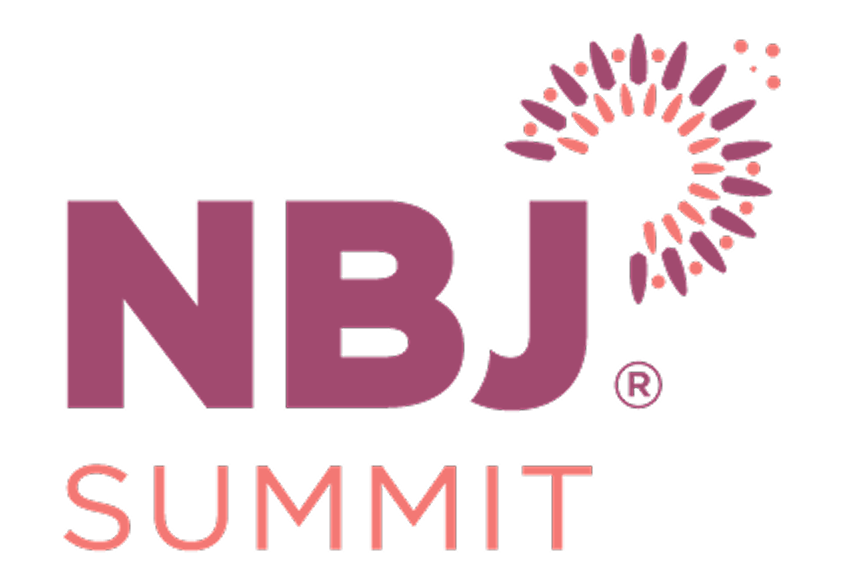It is essential to build a diverse workplace. 76% of employees and job seekers said diversity was important when considering job offers, 60% of employees want to hear business leaders speak up on diversity issue, and 80% of survey respondents said they want to work for a company that values DEI issues. But as an industry, rather than just changing up the literal and proverbial “face” of the office, how do we diversify our customer base? How does an industry authentically communicate its value proposition for all current and potential consumers? In the latest episode of Radicle Perspectives, Strategic Advisor, Jaclyn Bowen, had an opportunity to catch up with Marsha Isabelle Chaudry, an attorney and driving force behind the Equity and Wellness Collaborative (EWC), on fostering inclusivity and integrity to win with consumers.
Chaudry offers three key takeaways when it comes to exhibiting DEI authentically to consumers.
1.Consumers want to support brands that support DEI.
Consumers increasingly want to support brands and retailers that are more inclusive. With social values shaping consumer shopping habits, why not incorporate these same philosophies into your brand positioning? It is estimated that north of 45% of consumers consider themselves “inclusive shoppers.” Change your brand positioning and marketing to meet the needs of inclusive shoppers.
2.Have marketing efforts match your target consumer.
According to Chaudry, “for a long time, even cosmetic companies didn’t offer products let alone have marketing campaigns that featured women of color.” Revisit your marketing campaigns, pictures used in social media content, and even media outlets. Are they representative of forums to engage with a broader audience? If not, do your diligence to also find media partners that share in your DEI priorities, commitments and aspirations.
3.Remember implicit bias.
“Implicit bias is unintentional discrimination that happens almost automatically and can influence decision-making,” it can include personal defaults when someone is describing, for example, a person of a certain occupation. In the dietary supplement industry, and depending on your target consumer, remember that athletes can come in all shapes, sizes, ethnicities, ages, and capabilities. Adapt your marketing and advertising accordingly.
When it comes to the future of DEI, Chaudry offers some sage advice. “Commitments to DEI are only going to grow in scale. Intersectionality is the interconnected nature of social categorizations such as race, class, and gender. As a workplace and a society, we will have to adapt to the overlapping of identities in order to overcome discrimination. This is globalization. This is the future of society.”


